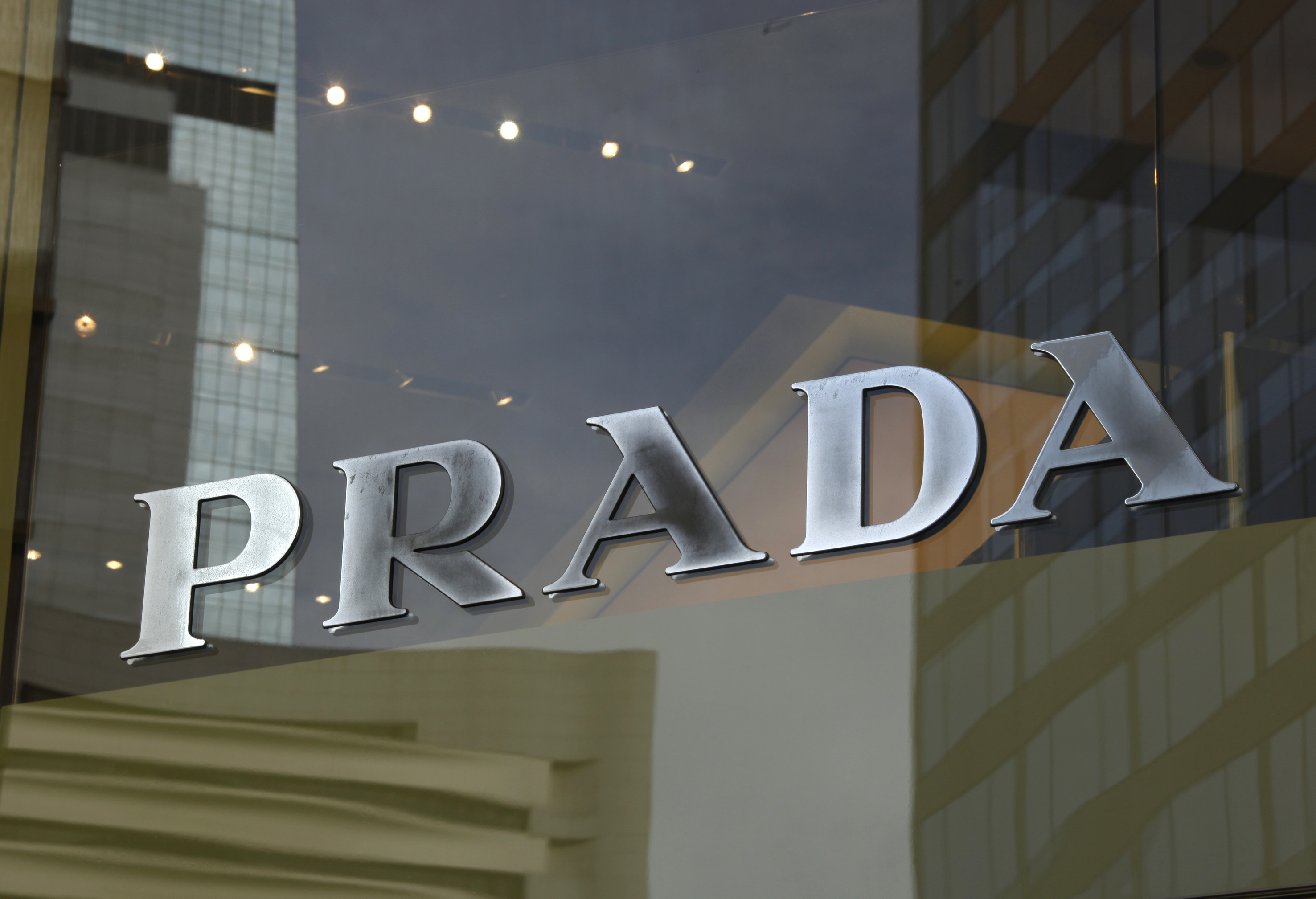Dick Clark influenced so much of modern entertainment, yet the millennial generation may not have any idea the music they were allowed to grow up listening to; their media idols; and even their reality television is largely thanks to that guy they believe merely hosted "New Year's Rockin' Eve."
Clark died of a heart attack on April 18 at age 82. While he had spent recent years suffering from the effects of a stroke, his reach was established long ago even if culture has moved so quickly that many may not recall all he did.
"Dick Clark's contribution is really quite significant," said Robert Thompson, Director of the Bleier Center for Television and Popular Culture at Syracuse University. "But if you are under 30 or 25, Dick Clark and Johnny Carson and Bob Hope may just be names to you, unlike Lucille Ball who everybody can see on reruns whenever they turn on the television."
"American Bandstand," may seem like a simple, pleasant enough show now. But when Clark began hosting it in 1956, at the dawn of rock'n'roll, it served an important purpose.
"When rock'n'roll first starts to emerge in the mid-to-late 1950s, many people, especially parents, thought this was a dangerous thing and was going to lead their kids down the road to perdition," Thompson said. "A guy like Dick Clark, with a show like 'American Bandstand' became a delivery system for this type of music. And he was such a clean-cut, avuncular non-threatening looking guy.
"What parents didn't realize is that in some ways it was a Trojan horse type of delivery system- -you got all this new and exciting and different type of music thanks to a comforting Clark."
On "Bandstand" and through his radio presence as a disc jockey, Clark introduced to the general public musical forms and acts that still shape today's listening landscape, even in the 1970s and 1980s when his show's influence had begun to wane.
U.S. & World
"He had Run DMC on his show, had LL Cool J on his show, he had Chic on his show," said James Montgomery, senior writer at MTV News. "They weren't the kind of acts you would necessarily see on TV at the time because they were often African-American artists. The descendants of early hip-hop or R&B are the people that kids listen to today on Spotify and are the ones at the top of the charts."
Clark also used "Bandstand" as a platform to develop a production company and influence other shows -- the model now followed by many a modern media maven.
Ryan Seacrest, anyone?
"When you look at Seacrest, he's everywhere from radio to TV and seems to be constantly expanding his empire," said Montgomery. "Dick Clark was one of the first people to do that. He was so good and so natural on camera and seemed to care so much about what he did, loved music and loved introducing people to new artists."
Live music shows, which dominate the ratings today, are "Bandstand's" progeny, Montgomery said.
"That kind of live-wire act of live broadcasting -- [Clark] presented live music on a weekly basis on television -- is something most kids take for granted," he says. "These are things he really influenced, if not perfected or invented."
(Seacrest, who since 2006 has hosted with Clark "Rockin' New Year's Eve" yesterday tweeted, "I am deeply saddened by the loss of my dear friend Dick Clark. He has truly been one of the greatest influences of my life.")
Clark also helped, in a way, lay the groundwork for reality TV, said Matthew Delmont, author of "The Nicest Kids in Town: American Bandstand, Rock 'n' Roll, and the Struggle for Civil Rights in 1950s Philadelphia" and a professor of American studies at Scripps College in Claremont, Calif.
"This was the first time regular kids from Philadelphia became household names across the nation thanks to being on a weekly, live music show," he said.
"Those inexpensive to produce but very popular type show made with found footage, those are the type of programs that started emerging in the 1980s and Dick Clark was one of the people who started it all," added Thompson.
Continuing in that vein was "TV's Bloopers and Practical Jokes," a show Clark co-produced and at times hosted. It ran in various forms from the 1980s through to the mid-2000s and contained outtakes from television shows and cheaply produced practical jokes that featured unknown people on the street.
"With Dick Clark Enterprises, both in front and behind the camera, Clark was doing yeoman service in covering a lot of time slots and in genres that we now take for granted. '$10,000 Dollar Pyramid' and 'Bloopers' -- these are the kinds of shows that would later emerge as the broadly designed genre of reality television," said Thompson.
It's an irony that Clark, who was fondly referred to as America's oldest teenager, is now virtually unknown to many 21st century teens -- especially considering it was the young he loved to inspire the most through music and television.
"Clark was an alum of Syracuse University and I often took students on an elaborate field trip to Los Angeles," says Thompson. "If he was doing something at the time he would invite us to the set and he would come up to where the students were sitting and talk to them and answer questions. I always remembered he sounded exactly like he did when he was talking to you on television."



